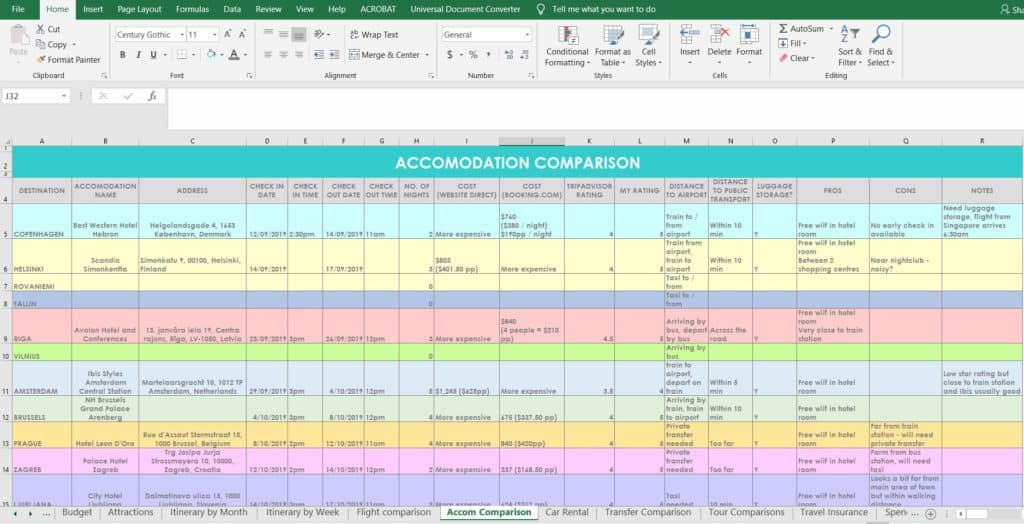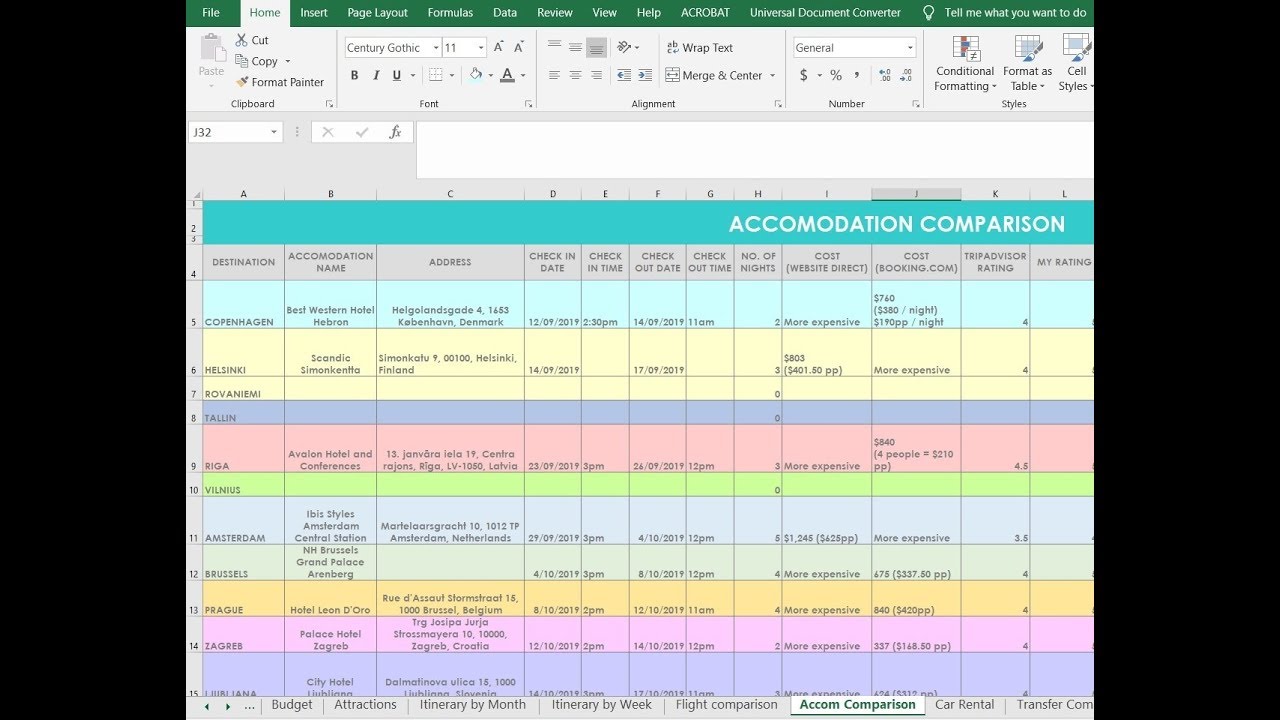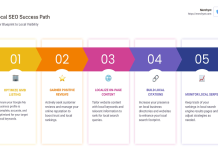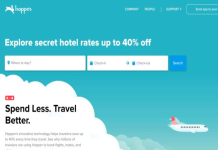Alright, let’s talk about something that probably drives a lot of us nuts: trying to figure out hotel bookings, especially with all those different cancellation options. You see “free cancellation” and think you’re golden, but then there’s a catch. Or you’re trying to save a few bucks with a non-refundable rate and then, bam, life throws you a curveball.

It’s a bit of a jungle out there, honestly. I used to just skim this stuff, pick whatever looked cheapest or most convenient on the surface. Big mistake. Huge.
So, you’re probably thinking, “Why’s this guy going on about hotel policies? Did he suddenly become a travel guru?” Nah, not at all. My obsession with this actually came from a pretty rough experience a few years back. I learned the hard way, as they say.
I was planning this important trip, a wedding anniversary. Found a really nice place, looked perfect. They had two main prices: one was standard, the other was a bit cheaper but strictly non-refundable. Me, trying to be smart and save a little cash, I went for the non-refundable one. “What are the chances we’d have to cancel?” I thought. Famous last words, right?
Wouldn’t you know it, about a week before we were supposed to leave, my youngest got a really nasty flu. High fever, the works. Doctor said absolutely no travel. So, I called the hotel, explained the situation, super polite and all. Their answer? “Sorry, sir, it’s non-refundable.” Just like that. No wiggle room, no understanding. I was out several hundred bucks. Man, I was fuming. Felt like a complete idiot for trying to save that small amount upfront.
That was the turning point for me. I swore, “Never again.” I decided I needed to get way smarter about this. It wasn’t about finding some magic app or website; it was about changing how I approached the whole booking thing. It took a bit of trial and error, a few more almost-gotchas, but I eventually hammered out a system that works for me.

My Approach to Not Getting Screwed by Cancellation Policies
It’s not rocket science, really. It’s mostly about being thorough and a little bit paranoid, in a good way. Here’s what I started doing:
- I actually read the darn terms. I mean, really read them. Not just the big headline “Free Cancellation.” I look for the “until when” part. Is it 24 hours before? 48 hours? A week? What exact time zone? Sometimes the “flexible” rates have blackout dates or weird conditions if you change something minor. It’s all there, usually buried in tiny print.
- I weigh the real cost of “flexibility.” Okay, so the flexible rate is $30 more per night. For a five-night stay, that’s $150 extra. Is the peace of mind worth $150 for this specific trip? If it’s a super important, can’t-miss event, or if I know my plans are a bit shaky, then yeah, probably. If it’s a casual weekend getaway that I could easily reschedule, maybe not.
- I get real about the chances of cancelling. I ask myself honestly: what’s the likelihood my plans will change? Am I booking way in advance? Is there work stuff that could pop up? Family commitments? The higher the chance, the more I lean towards paying extra for a truly flexible option.
- I write things down, old school. If I’m comparing a few places, I’ll literally jot down the key details in a notebook or a simple text file. Hotel name, non-refundable price, flexible price, the exact cancellation deadline for the flexible one, and any weird rules I spotted. Seeing it side-by-side helps cut through the marketing fluff.
- Screenshots are my best friend. When I finally book, especially if I’ve picked a rate based on its cancellation policy, I screenshot the confirmation page AND the page detailing the cancellation terms. Call me cynical, but having proof has saved me a headache more than once when there was a “misunderstanding” later.
Since I started doing all this, booking hotels feels less like a gamble. It takes a bit more time upfront, sure, I won’t lie about that. But the peace of mind, knowing I’ve made an informed choice and covered my bases, is totally worth it. No more nasty surprises, and that alone makes any trip start off on a much better foot.










